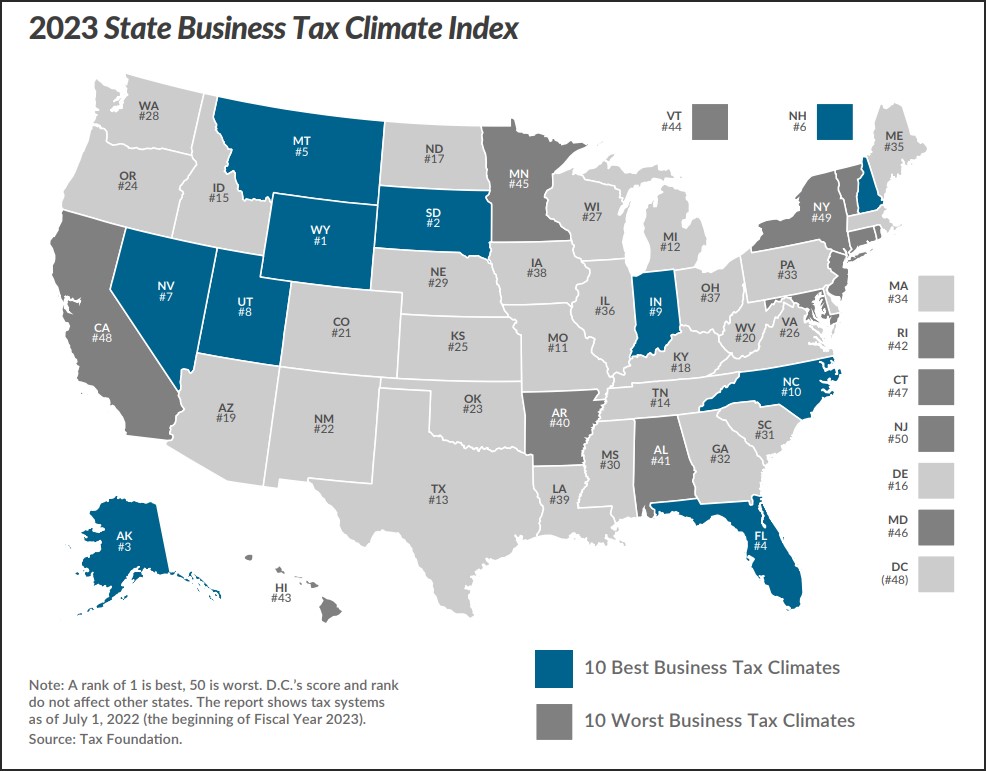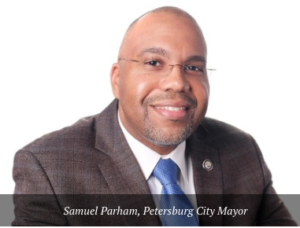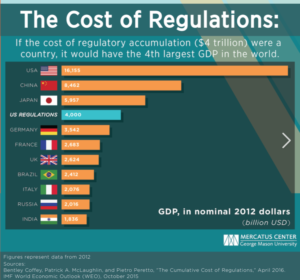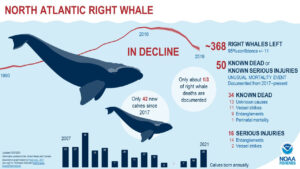 by Jon Baliles
by Jon Baliles
The Times-Dispatch Editorial Board printed a piece this week entitled “The city’s Lost Cause statues are all gone. So what now?” While it recaps the events and protests of 2020 and the fact that all of the former Confederate statues have been removed, it offers a bit more foresight by looking at what will be required of our City and our leaders in the future.
The piece points out that the removal of the A.P. Hill statue was characterized by Mayor Stoney as an opportunity to “start writing a new chapter for the city” and to make the accident-prone intersection more safe. “That’s the blocking and tackling of running a government,” Stoney said. The editorial, however, goes a little deeper than the Mayor:
Charting a new chapter for Richmond, however, requires something more than “blocking and tackling.” In the summer of 2020, a broad coalition of Richmond citizens and public officials — including Stoney — embraced a newfound commitment to breaking down systemic racism and creating a more inclusive, equitable Richmond. In the winter of 2022, we still have little to show for it.
It runs down the list of things that you constantly hear Stoney talking about but providing very little in the way of policy solutions that are implemented and working.
City schools are struggling with a leadership crisis, a teacher shortage and a student population that’s been devastated by pandemic-induced learning challenges. The affordable housing crisis, especially for the poorest Richmonders, has only grown worse. Evictions and homelessness are spiking, with no comprehensive plan to address it. The Richmond Police Department is grappling with more than 150 officer vacancies as gun violence surges — disproportionately impacting Black families, of course — as it begins the search to replace yet another departed police chief.
It talks about the housing crisis, and that apartments are going up with lightning speed in Manchester and Scott’s Addition and (soon) in the Diamond District, while “South Side and the East End are left to fend for themselves. Redevelopment of public housing complexes remain stuck at the starting gate. The new Richmond takes priority over the old.” It does point out some of the positive news we have seen, like poverty dropping to 18% (lowest in two decades) and our “urban cool” is on the rebound as the pandemic years are more in the rearview mirror.
But the thing that struck me the most about this piece is that it is really the first marker of issues that are and will be on the table and need to be addressed in 2024 when the City elects a new Mayor and City Council (in which, I will not be a participant). We have heard lots of talk and seen lots of tweets over the years from the Mayor and others about all they are doing for the City. But we can no longer afford trading real political solutions (including listening, compromise, and common ground) for self-promotion on social media just to rack up more clicks, likes and retweets and counting that as a measure of success.
As Denzel Washington once said, “Just because you are doing a lot more, doesn’t mean you are getting a lot more done. Don’t confuse movement with progress.” Continue reading

 by Jon Baliles
by Jon Baliles









 by James C. Sherlock
by James C. Sherlock
